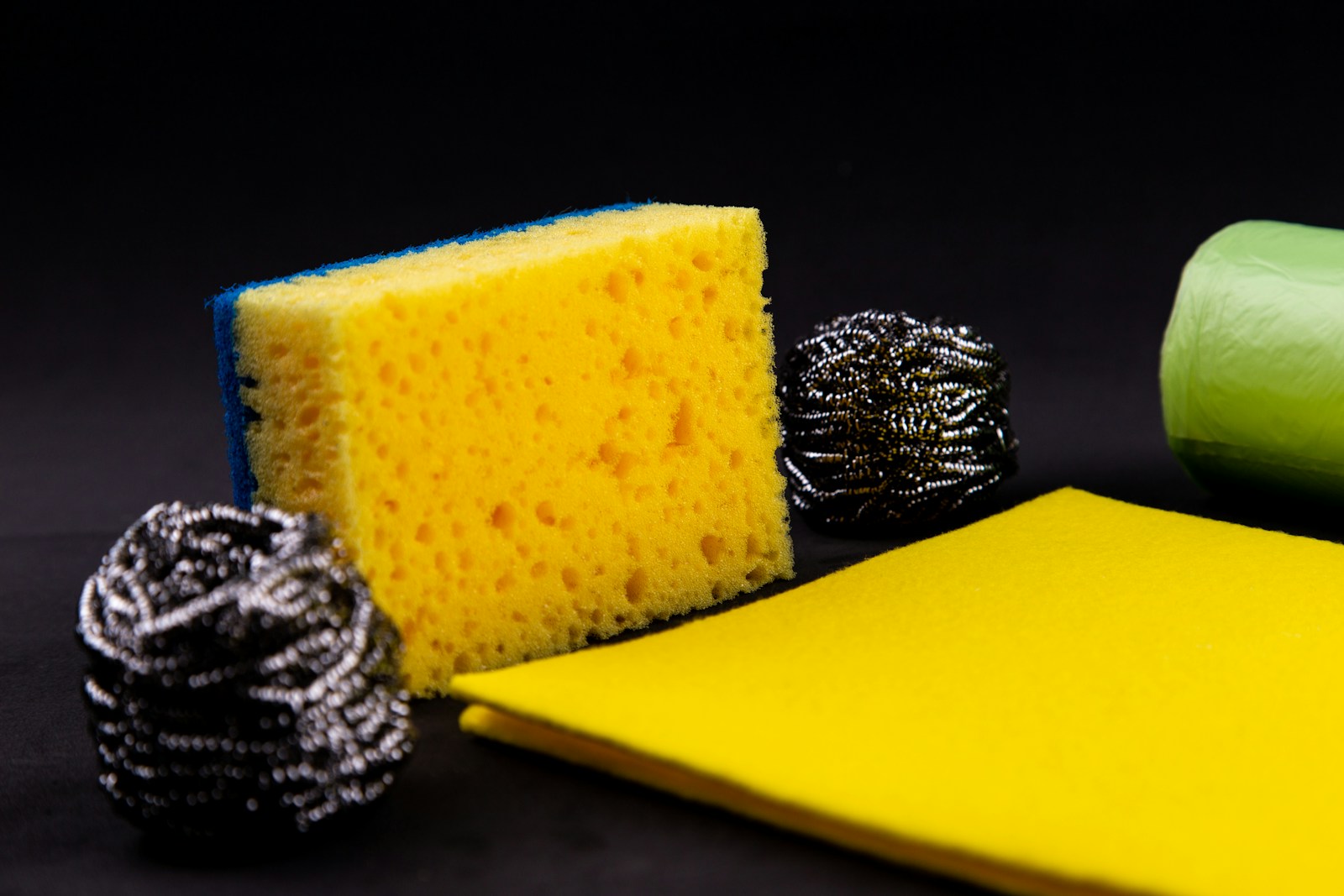
洗
xǐ

wash
The Chinese character '洗' means to clean or to wash in English. It is used in a variety of contexts, such as washing clothes, washing dishes or even washing one's hands. Like in English, it can also refer to a process of removing dirt or contaminants.
Example sentences using: 洗
他正在洗衣服。
tā zhèngzài xǐ yīfú

He is washing clothes.
This sentence is describing what someone is currently doing, cleaning clothes.
我需要洗车。
wǒ xūyào xǐ chē

I need to wash the car.
In this sentence, the speaker is expressing their need to wash the car.
请洗碗。
qǐng xǐ wǎn

Please wash the dishes.
This is a polite request for someone to wash the dishes. '洗' means 'wash' and '碗' means 'dishes' or 'bowls'.
请问洗手间在哪里?
qǐngwèn xǐshǒujiān zài nǎlǐ

Excuse me, where is the bathroom?
This is a general question to ask the location of a restroom, with '洗手间' meaning literally 'hand-washing room' or 'restroom'.
我每天都洗澡。
wǒ měi tiān dōu xǐ zǎo

I take a shower every day.
This sentence is expressing the daily routine of the speaker who takes a shower daily. Here, '洗' means 'wash' and '澡' means 'bath'.
你洗了手吗?
nǐ xǐ le shǒu ma

Have you washed your hands?
The speaker asks if the listener has washed their hands. It's a common phrase that emphasizes hygiene.
她洗了脸就出门了。
tā xǐ le liǎn jiù chūmén le

She went out after washing her face.
This sentence talks about a sequence of events where the person washed their face before leaving.
他昨天洗了头。
tā zuótiān xǐ le tóu

He washed his hair yesterday.
This sentence narrates a past event where the person washed their hair yesterday.
我们需要洗床单。
wǒmen xūyào xǐ chuángdān

We need to wash the bed sheets.
In this sentence, the speakers express the need to clean their bed linens.
我已经洗过耳朵了。
wǒ yǐjīng xǐ guò ěrduǒ le

I have already washed my ears.
This sentence declares that the speaker has already performed the task of cleaning their ears.